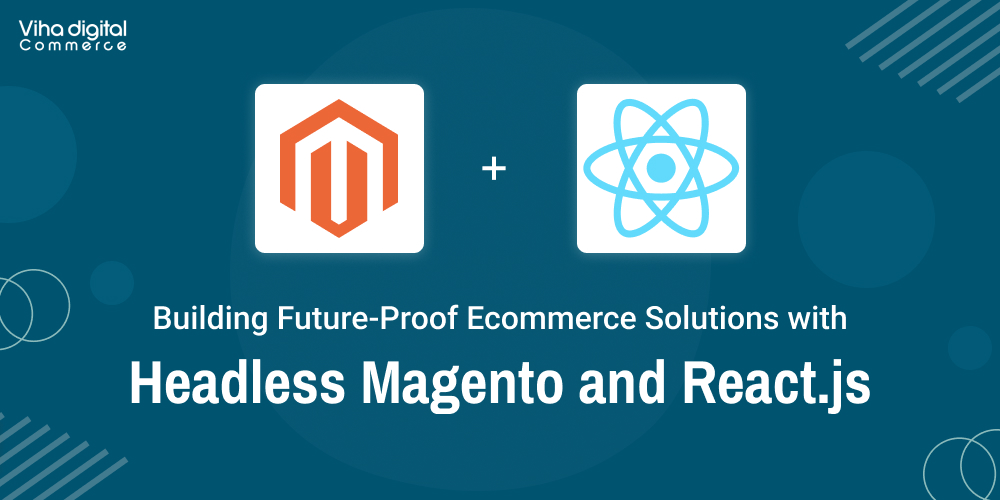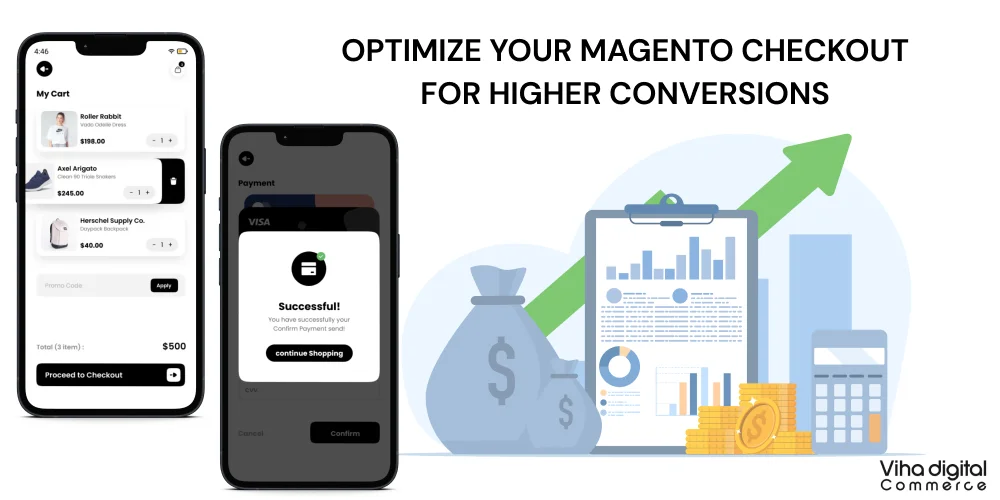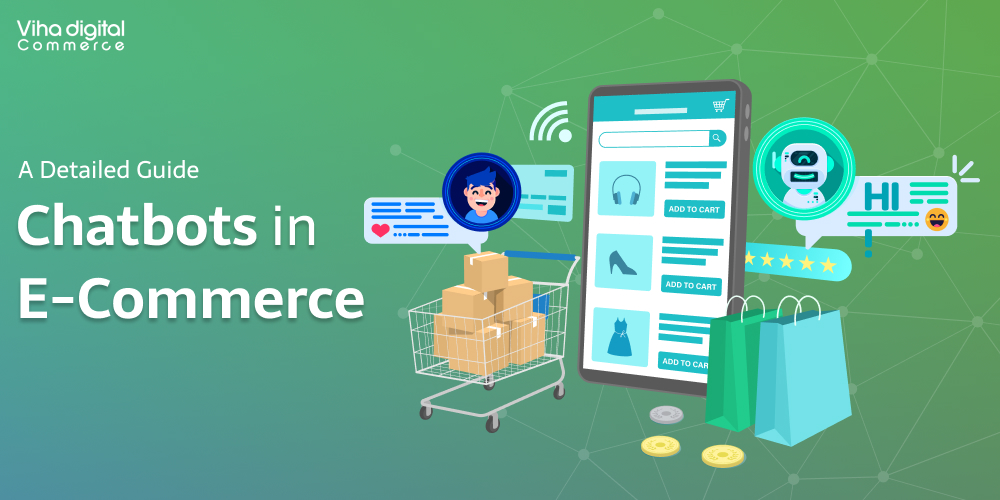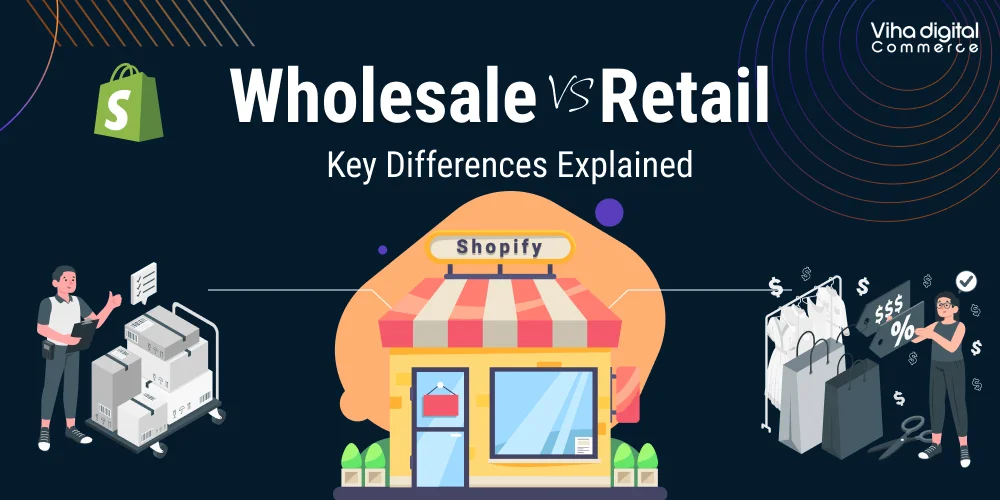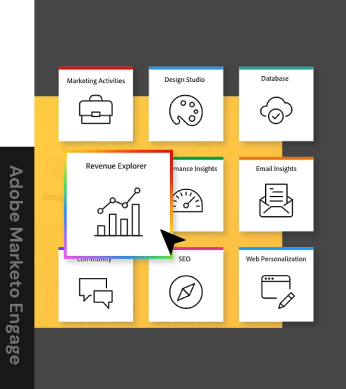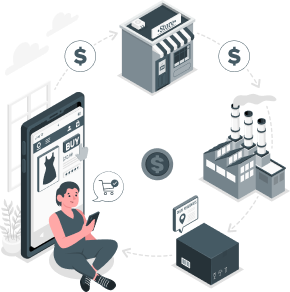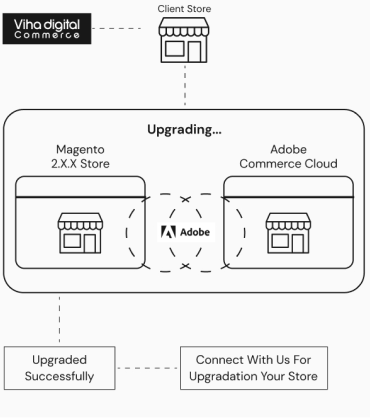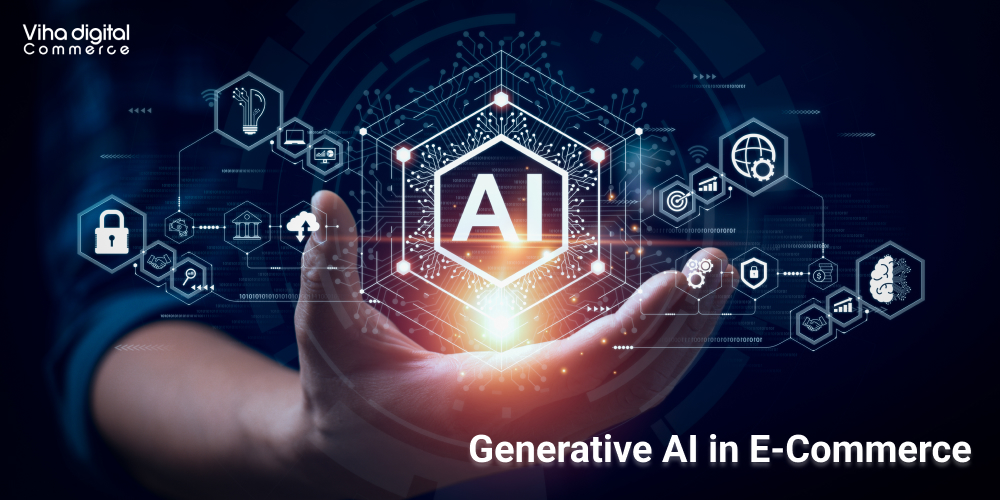
Generative AI : How Does It Impact Your Ecommerce Business?
When was the last time you went online to shop, and how did it go?
Customers may find it more difficult to avoid being addicted to online buying in the revolutionary AI era. Why leave the comforts of your house to buy in person when you can accomplish far more online with your smartphone or at your desk, not to mention receive a wealth of useful guidance in a number of ways?
A while back, generative AI began to gradually change the e-commerce scene. It has been integrated by forward-thinking e-commerce companies like Amazon to improve and fine-tune their customer journeys on websites and in apps, with the added benefit of dramatically increasing their sales and conversions. While other e-commerce companies are just now beginning to investigate AI-related capabilities, the trend is only going to get stronger.
No matter where your website is in the AI-enhancement process, you’re undoubtedly constantly searching for more relevant data that may have an influence on how you manage your company. In light of this, the following is a summary of some of the many advantages and aspects of generative AI.
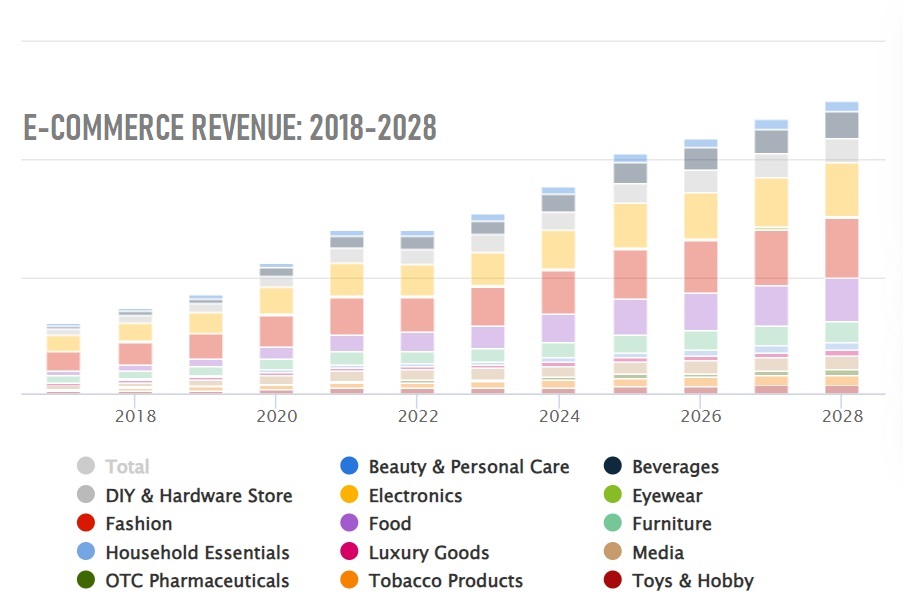
Source : statista.com
More satisfying encounters for customers
A few of the components of an e-commerce platform that could empty both your virtual and physical wallet are as follows:
- Chatbots that are friendly, attentive to your requirements, and effective listeners are virtual assistants.
- Virtual changing rooms are a benefit of clothing stores.
- A function that lets you choose furniture and see how it will appear in your house
- The capability to digitally alter products before to purchase
- Features of virtual reality that eloquently depict, as opposed to merely describe, what it’s like to utilize a product
- Unbelievably accurate product suggestions
- Pleasant post-cart abandonment quick messaging based on current data
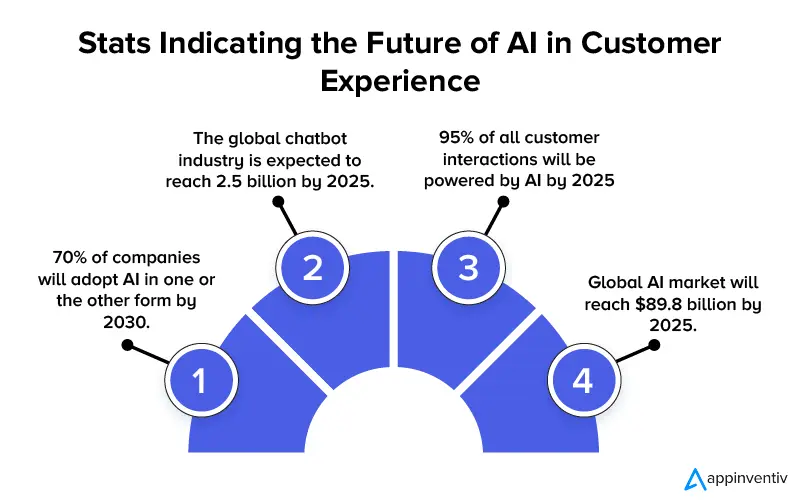
Generative AI: What is it?
Could you define artificial intelligence (AI) and its subcategories if asked? With the recent emergence of buzzwords like conversational AI, massive language models, and natural language processing (NLP), it can be difficult to distinguish between the various modern AI technologies and how they complement or compete with one another.
Generative AI, as the name suggests, is the area of artificial intelligence that focuses on producing new content that sounds and looks human, including text, photos, videos, voice responses, and even lines of code.
Large volumes of data are used to train generative AI models, which enable them to recognize, understand, and replicate patterns, styles, and subtleties in the training material. The result is original work that displays creativity and problem-solving abilities that appear to be on par with human intellect.
Generative AI and Ecommerce:
This revolutionary technology is deeply ingrained in the digital consumerist culture. Here’s how it makes life better for e-commerce site shoppers:
Enhanced client satisfaction:
According to recent studies, 48% of companies utilizing generative AI in e-commerce have improved the customer experience. The algorithms enable merchants to take proactive measures that match prospects’ needs with products and to offer personalized product suggestions (as Instacart does) based on the analysis of shopper data and customer preferences.
Another way generative AI is enhancing the e-commerce experience is through virtual try-ons. Will your skin tone and physique work well along with this leather jacket? Will the rest of the classic-looking furnishings appear strange with this rustic table? Generative AI can assist in decision making through the use of computer vision and deep learning algorithms.
Using generative AI to make chatbots smarter is another improvement; these chatbots’ improved functionality can be effortlessly translated into higher-caliber customer service.
All of this customer-data-driven activity makes tailored buying possible, which promotes client loyalty and happiness. Additionally, there are other benefits than regular e-commerce websites. Additionally, generative AI is being applied to subscription-model use cases, curating content using visitor datasets. For instance, Spotify is utilizing generative AI to add customized DJ features to enhance the user experience.
Increased Effectiveness
AI can greatly simplify the process of creating images and information for e-commerce. According to a survey, 58% of marketers who create content using generative AI reported seeing an improvement in performance. Choosing a generative approach can save a lot of time, allowing teams to allocate work more wisely and concentrate on strategic projects instead of having to deal with the large manual intervention that typical processes traditionally need.
For example, generative AI may write product descriptions for new products given parameters, saving marketing teams from having to produce lengthy copywriting drafts. The material may then be edited and streamlined, giving marketing personnel more time to optimize long-term organic and paid campaigns, perfect new product launches, and come up with innovative methods to engage with their customer populations.
Improved inventory control accuracy
For online retailers to maximize their stock levels and prevent stockouts, accurate demand forecasting is essential. More accurately than traditional approaches, generative AI models based on past sales data can estimate demand patterns. These models can also catch minor trends and seasonality through the use of machine-learning algorithms. Frequently, this leads to lower inventory management expenses and guarantees of product availability, which raises customer happiness and lowers lost revenue.
Uniqueness and distinction
Generative AI can help businesses thrive in a crowded market by providing unique and enjoyable online buying experiences. Fashion firms can use generative AI, for instance, to help with customizable clothing options. This would let customers create their own outfits, such as choosing a shirt with polka dots instead of stripes.
Higher conversion rates
The capacity of generative AI to increase conversion rates is maybe its greatest advantage in e-commerce. According to McKinsey, companies who invest in AI see improvements in sales ROI of 10–20% and revenue growth of 3–15%.
How does one go about doing this? A retailer’s customer base can be used by generative AI to find trends, likes, and commonalities by examining people’s past browsing and purchase behavior. This places a business in a better position to provide customers with pertinent product recommendations and better inform their marketing strategies. AI-generated personalized product recommendations have shown to be quite successful in swaying consumers’ decisions to buy. In addition, customers are more likely to return when they find a website that meets their wants and preferences.
Checks for reality
Would you agree that there are some pretty heady benefits?
But a discussion about generative AI technology’s potential benefits for e-commerce wouldn’t be complete if it ignored a few facts.
The last thing a retailer wants to do is annoy their customers, but with the way this technology is currently developed, that is a possibility. Systems using generative AI aren’t always reliable. The statements made by general AI interfaces aren’t particularly trustworthy without consistent, thorough human fact checking since they occasionally delude themselves (make things up; disclaimers highlight this danger).
For experts, this can be a nightmare.
Naturally, it’s a game-changer in e-commerce. An upset customer who bought an item after believing a website’s seemingly authoritative marketing claims, felt duped and furious, and was tempted to vent on social media is the last thing a shop wants. It is difficult to resolve that situation with heartfelt regrets or discount codes. The site can suffer unfavorable financial fallout and irreversible reputational harm.
Moreover, generative AI may perform a little slower than conventional search functions, thus lengthening consumers’ search periods. This might be extremely detrimental to the bottom line in the instantaneous-results world of e-commerce.
Where do carefully considered and well-planned retailers stand after these challenging options? most likely going with a cautious, low-risk strategy.
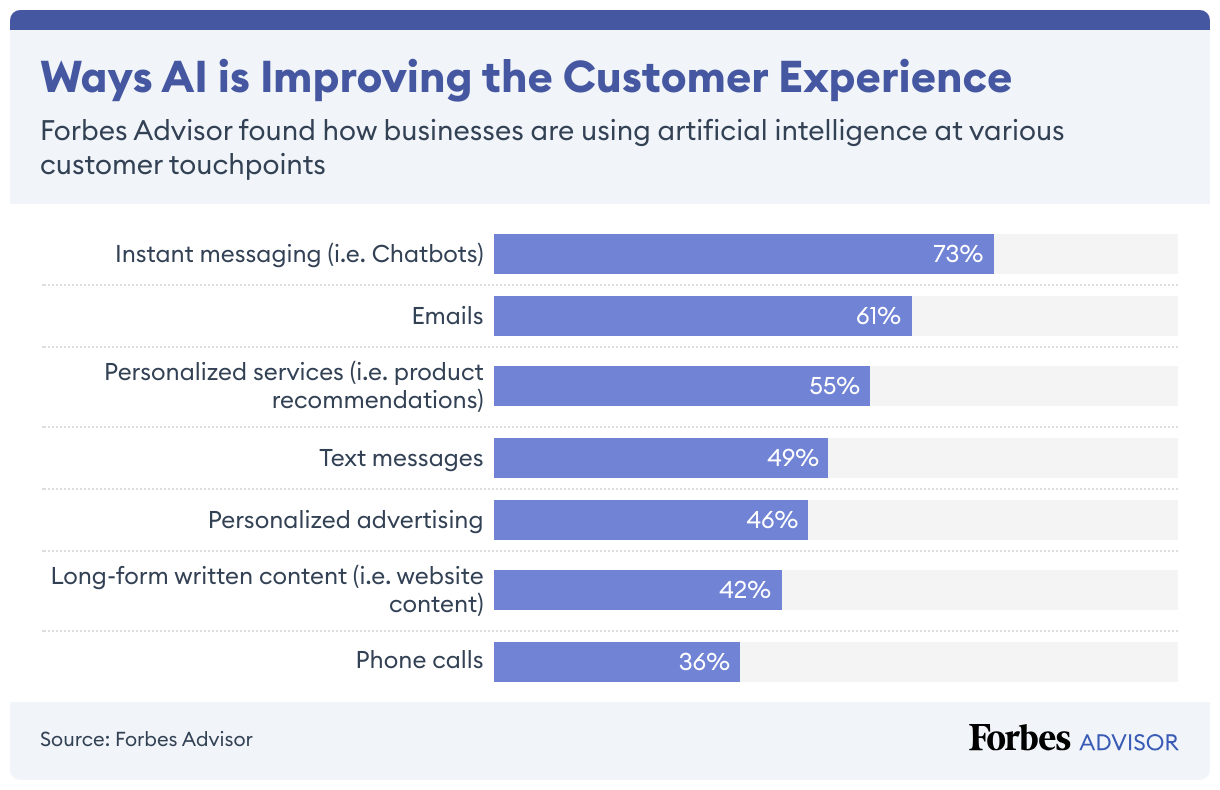
Conclusion
We at Viha Digital Commerce believe in keeping up with the trends instead of following a rigid and traditional way of working. Our team has hands-on experience of more than 15 years in developing Magento, Shopify & Woocommerce websites that have been able to maximize the profitability of our clients exponentially. We are constantly upgrading ourselves to keep in alignment with the current trends of Generative AI and machine learning.

